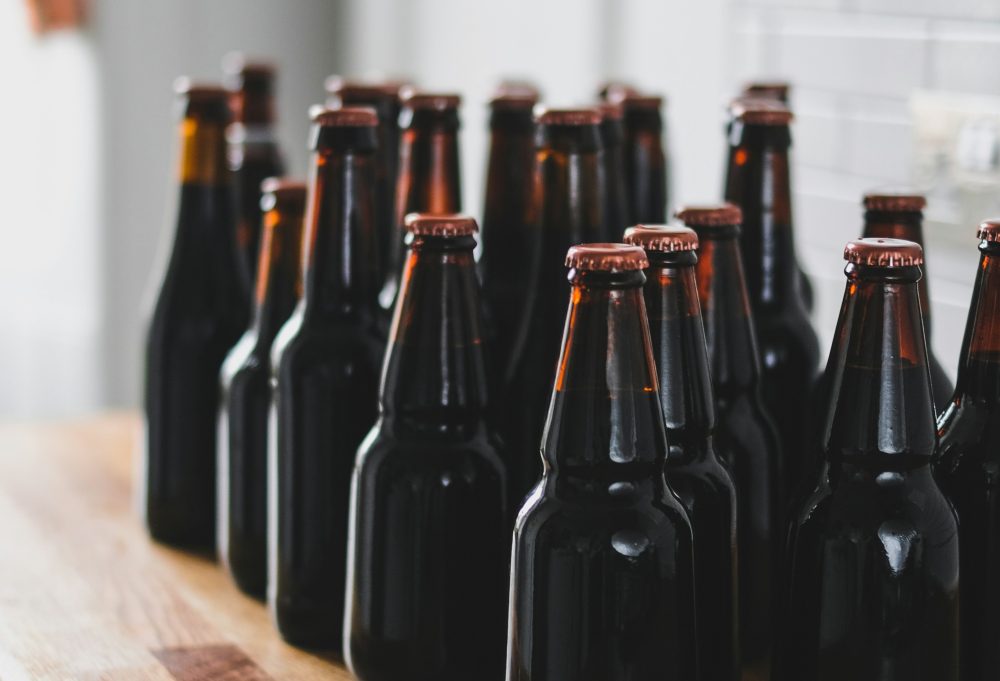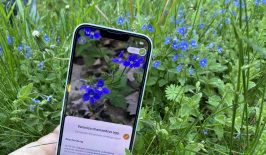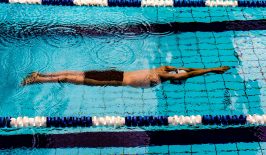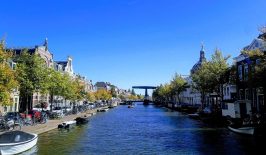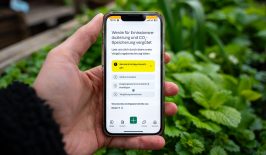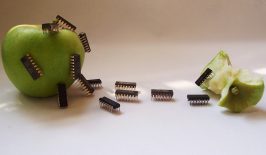For the 40 countries around the world with bottle deposit systems, returning used bottles for a small amount of money is a great way to encourage reuse and recycling. From Germany to Croatia to Sweden, you can take empty bottles to locations such as your local supermarket and use the money you receive for the return to contribute to your grocery shop.
But problems also arise: the bottles pile up in your kitchen because you’re waiting to get enough bottles to make returning them worthwhile. Once you’ve made it to the store, bags packed full of bottles, you join the long queue of people waiting in front of the machine. In Germany, around 58% of empties consist of disposable drinks packaging and around 42% of reusable drinks packaging.
Although the deposit system makes sense for many people, it’s not always smooth sailing in practice. In Germany, the social project PFANDGEBEN wants to change that. They bring together those with bottles with those who want to collect them and receive the deposit, making everyone’s lives easier in the process.
How bottle deposits at PFANDGEBEN work
PFANDGEBEN is a Germany-wide platform that anyone can use to donate empty bottles to local bottle collectors, using the app or via phone. After downloading the app and creating an account, users can choose whether they want to make telephone contact with a bottle collector or create an offer. The offer simply needs to include the quantity of bottles, location and desired collection time. On average, the app finds a person to collect bottles within 38 minutes. There is also a free SMS function for deposit collectors without a smartphone.
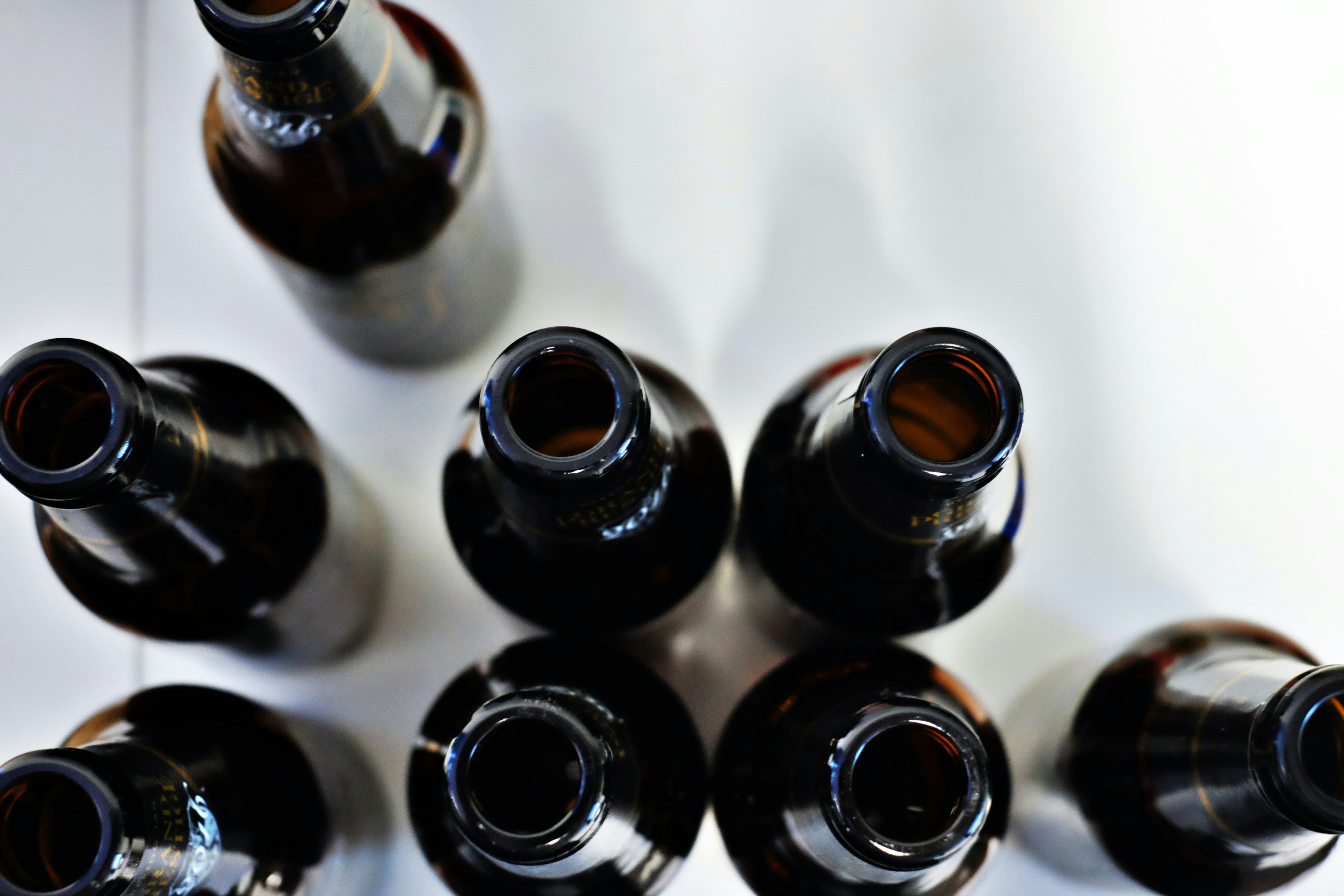
Although single-use deposit bottles made of plastic give you significantly more money when they’re returned, they also require considerably more resources and leave behind more waste as well as having a greater impact on the climate. That’s why it’s better to opt for reusable returnable bottles when shopping.
The PFANDGEBEN website began as a student project at the Berlin University of Applied Sciences in 2011. Since 2016, a number of social associations such as Sozialhelden e.V. have also been involved in the operation and further development of the platform. The project is supported by full-time and volunteer employees.
Why PFANDGEBEN is worthwhile
The social project PFANDGEBEN has a clear goal: it connects people from different social classes and stands for humane conditions for those collecting Pfand. So the next time you have a pile of bottles at home, reach for your cell phone, download the PFANDGEBEN app and make the deposit available to people in need in the area!
The same applies to empty bottles left around after a picnic in the park or another outdoor event. The “Pfand gehört daneben” (“Deposit belongs alongside it) initiative is committed to placing deposit bottles next to garbage cans to make them more easily accessible for bottle collectors.
Going forward, both projects could enable people in need to benefit from the approximately 180 million euros that are lost due to people incorrectly throwing away returnable bottles. They would also ensure that bottles are reused or recycled instead of adding to our planet’s waste, protecting the environment, climate and resources in equal measure.
